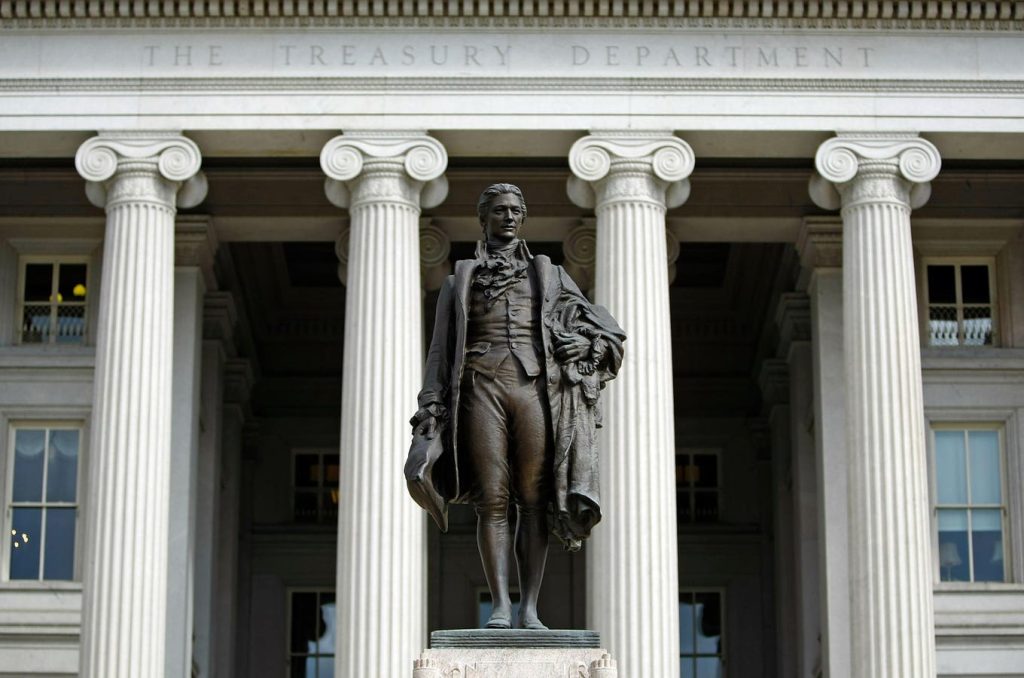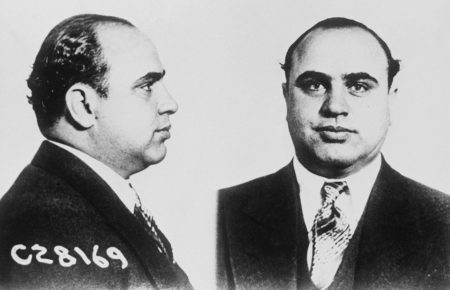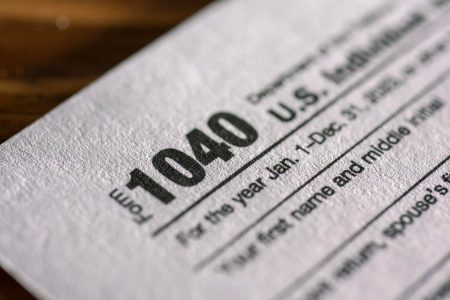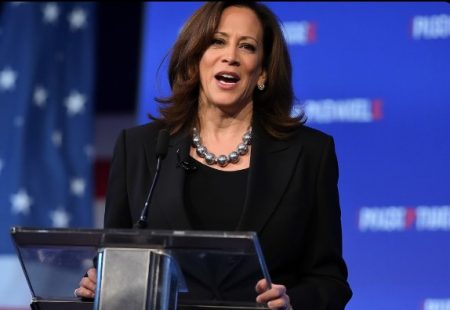U.S. taxpayers with investments in passive foreign investment companies (“PFICs”) often face complex and punitive tax rules. Under the default PFIC taxing regime, taxpayers must pay taxes at the highest ordinary income rates applicable to the taxpayer’s holding period. In addition, taxpayers must pay interest charges.
Taxpayers may avoid ordinary income rates and the interest charge by making certain elections, including a qualified election fund (QEF) election. Regrettably, however, taxpayers often miss the deadline to make a timely these elections. Although taxpayers may make a retroactive QEF election in certain instances, the procedures to accomplish retroactive relief are daunting and relatively expensive.
Recently, Treasury proposed a legislative fix to the retroactive QEF relief rules in its “Green Book” for the 2025 fiscal year. Under the proposal, the IRS would have broader authority to permit taxpayers to make a retroactive QEF election. Because the proposal would provide welcome relief to taxpayers with PFICs, it is worth following to see whether it will gain any traction in Congress.
PFICs Generally
Generally, a foreign corporation is a PFIC if the corporation earns 75% or more of its income from passive income sources (e.g., interest, dividends, etc.) or holds 50% or more of its assets for the production of passive income. These tests are performed annually. Therefore, a foreign corporation that is not a PFIC in one tax year may later become a PFIC in a subsequent tax year. When this occurs, the corporation generally remains a PFIC, even it later falls outside both the passive income and passive asset tests in subsequent tax years.
Because there is no threshold stock ownership requirement applicable to PFICs, it is easy for U.S. taxpayers to own PFICs. Indeed, because PFIC status often applies to many forms of popular foreign investments—including mutual funds and ETFs—it is not difficult for taxpayers to become entangled within the PFIC tax regime.
The Taxation Of PFICs
Congress enacted the PFIC tax rules to prevent U.S. taxpayers from enjoying deferral on federal income taxes through holding investments in foreign corporations. Under these rules, a U.S. taxpayer may continue to defer federal taxes until certain recognition events occur (referred to as “excess distributions”). However, when recognition is required—generally due to distributions from the PFIC or the sale of the PFIC company—taxpayers must pay taxes on the highest applicable ordinary tax rates associated with the PFIC holding period. In addition, the income is deemed allocated on a pro-rata basis over the taxpayer’s holding period in the PFIC with the taxpayer liable for underpayment interest on such amounts.
As mentioned above, Congress designed the PFIC rules to penalize the deferral of taxes. Therefore, Congress created various elections that permit taxpayers an escape from the default rules above, provided those taxpayers pay taxes on income or gains associated with the PFIC on an annual tax basis. A common election—known as a QEF election—permits the taxpayer to report its share of ordinary income and capital gain items annually. Where the election has been made, taxpayers may avoid higher ordinary income tax rates and the interest charges.
Under current law, the QEF election must be made on or before the due date for filing that year’s tax return. If the election is made timely, it is effective from the beginning of the tax year and for all subsequent tax years. Unfortunately, if the foreign corporation was a PFIC in prior tax years, taxpayers must comply with both the PFIC taxation rules and the QEF taxation rules unless a “purging” election is made.
Private Letter Ruling Request
As a general matter, taxpayers prefer to have the QEF election effective as of the first date the foreign corporation became a PFIC. Taxpayers who missed making a timely election for the first tax year are not without options. Under section 1295(b)(2), for example, taxpayers may make a retroactive QEF election if the taxpayer reasonably believed that the company was not a PFIC in prior tax years and relief is permitted under Treasury Regulations.
In many cases, taxpayers only qualify for retroactive QEF relief through filing a request for a private letter ruling (PLR). Under the PLR procedures, taxpayers must show: (i) they relied on a qualified tax professional; (ii) there is no prejudice to the government in granting the request; and (iii) the request for relief was made prior to an IRS agent raising PFIC issues in an examination. The PLR process further requires taxpayers to submit affidavits from their tax professional regarding the professional’s failure to provide correct advice on the PFIC.
The “Green Book” Proposal
In the Green Book, Treasury notes that QEF elections are beneficial to taxpayers and the IRS because such elections promote voluntary compliance. Treasury also notes that taxpayers who seek retroactive QEF relief often incur substantial costs associated with obtaining a PLR, which also results in lost IRS resources as the IRS reviews the PLR submissions.
To correct these inefficiencies and promote voluntary compliance, the Green Book proposes that Congress modify section 1295(b)(2) to grant the IRS broader discretion in approving taxpayer requests for retroactive QEF relief. For example, with section 1295(b)(2) amended, the IRS may grant taxpayers retroactive relief, provided such taxpayers agree to pay all appropriate taxes (even for closed tax years) as if those taxpayers had made timely QEF elections. The elimination of the PLR requirement would save taxpayer and IRS resources.
Conclusion
Treasury’s proposal to relieve the burden on U.S. taxpayers holding PFICs should be welcome news to many taxpayers. Nevertheless, until the proposal is enacted as law, taxpayers who missed making a timely QEF election should consult with their tax professionals to determine the appropriate manner to address the late election. In many cases, filing a PLR may continue to make the most sense. Other options may also be available.
Read the full article here
















